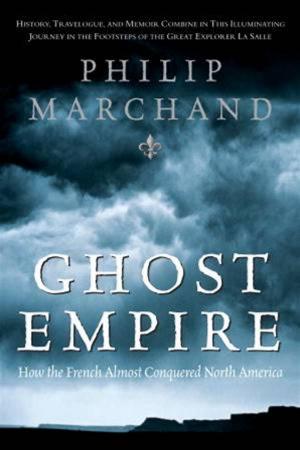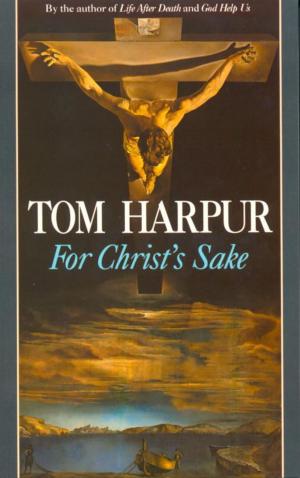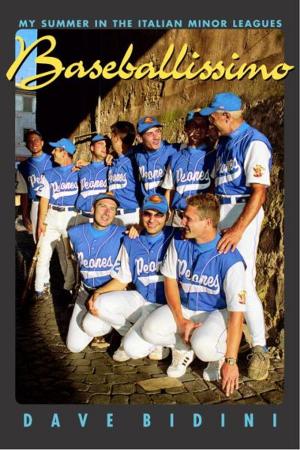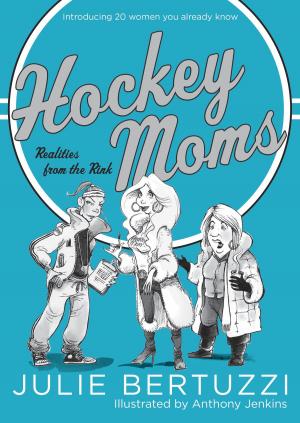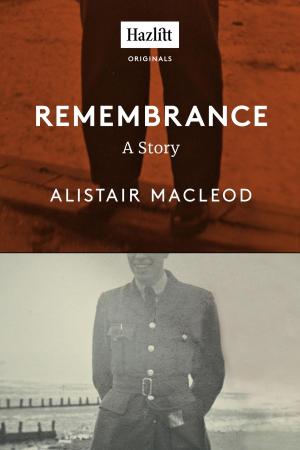| Author: | Colin Perkel | ISBN: | 9780771071102 |
| Publisher: | McClelland & Stewart | Publication: | August 30, 2016 |
| Imprint: | McClelland & Stewart | Language: | English |
| Author: | Colin Perkel |
| ISBN: | 9780771071102 |
| Publisher: | McClelland & Stewart |
| Publication: | August 30, 2016 |
| Imprint: | McClelland & Stewart |
| Language: | English |
This is the story of a system that failed utterly, at almost every level, and with fatal effect. People died, hundreds of others were made horribly sick, and for days, no one knew what was happening, or why. There were rumours about the water, but the Public Utilities Commission blandly assured callers that the water was okay. Which left investigators trying to figure out if the problem was tainted food – or something else.
Colin Perkel was among the first reporters to visit Walkerton when word finally got out that the water was poisoned. Using the interviews he conducted and the testimony given to the Walkerton Inquiry, Perkel has pieced together an authoritative and riveting account of the tragedy. He tells the story from the point of view of the people who lived through it. He shows how the virtues of a small town – its closeness, loyalty, tradition, and sense of community – contributed to the disaster. He shows how two brothers, Stan and Frank Koebel, were sustained by those virtues despite their own limitations. He provides a day-by-day account of the epidemic itself, the moments of heroism and good sense, and the instances of incompetence, wilful blindness, and plain stupidity.
A few heroes do emerge: the pediatrician who was thoughtful and worried enough to raise the alarm; the investigator who worked feverishly through a holiday weekend to find the source of the poison; even perhaps the reporter at the local radio station who broadcast the boil-water advisory. Neither the politicians – at any level –nor the bureaucrats in the Department of Environment and the health ministry come out very well. But Colin Perkel never loses sight of the fact that this story is about real people. And his account of what happened is always set in the context of the complicated lives of the people who lived through it. There are no villains in this story, but only flawed humans.
This is a superb piece of reporting. It deals with a tragedy that might have occurred – and might occur again – in virtually any community in Canada.
This is the story of a system that failed utterly, at almost every level, and with fatal effect. People died, hundreds of others were made horribly sick, and for days, no one knew what was happening, or why. There were rumours about the water, but the Public Utilities Commission blandly assured callers that the water was okay. Which left investigators trying to figure out if the problem was tainted food – or something else.
Colin Perkel was among the first reporters to visit Walkerton when word finally got out that the water was poisoned. Using the interviews he conducted and the testimony given to the Walkerton Inquiry, Perkel has pieced together an authoritative and riveting account of the tragedy. He tells the story from the point of view of the people who lived through it. He shows how the virtues of a small town – its closeness, loyalty, tradition, and sense of community – contributed to the disaster. He shows how two brothers, Stan and Frank Koebel, were sustained by those virtues despite their own limitations. He provides a day-by-day account of the epidemic itself, the moments of heroism and good sense, and the instances of incompetence, wilful blindness, and plain stupidity.
A few heroes do emerge: the pediatrician who was thoughtful and worried enough to raise the alarm; the investigator who worked feverishly through a holiday weekend to find the source of the poison; even perhaps the reporter at the local radio station who broadcast the boil-water advisory. Neither the politicians – at any level –nor the bureaucrats in the Department of Environment and the health ministry come out very well. But Colin Perkel never loses sight of the fact that this story is about real people. And his account of what happened is always set in the context of the complicated lives of the people who lived through it. There are no villains in this story, but only flawed humans.
This is a superb piece of reporting. It deals with a tragedy that might have occurred – and might occur again – in virtually any community in Canada.





